Dr MJ Rowland-Warmann, lead dentist and aesthetician at Smileworks is a prominent industry voice, having appeared on BBC Radio 5 Live, ITV News and in The Daily Mail.
WHY?
My aunt is a dentist and I saw how dentistry is a combination of both art and science – you’ve got to be really good with your hands but also know how to apply knowledge in order to get the results for your patients. I was still a little indecisive at school, so I opted for a degree in Biomedical Sciences at Manchester which was like doing ‘medicine-lite’ with all the science but none of the patients, and loved it.
HOW?
Dentistry is a long, tough but enjoyable course. You have to be good at dealing with patients from all walks of life and be a good communicator, and I think that’s really what I got from doing my first degree. Throughout I did lots of work experience, in forensics, medicine and dentistry, and found that doing a little bit of learning in between school and uni really gave me the edge.
WORTH IT?
It’s not for everyone, and dentistry has significantly changed in the last decade. It’s decent pay but for you have to work seriously hard for the money!
BECOMING SUCCESSFUL: TOP TIP?
Your degree is just the beginning. When it comes to becoming successful in your field, you’ll be embarking on a journey of lifelong learning, and a huge chunk of your salary will be going on further training – in clinical, relationship management, patient management, even sales. High-powered clinicians want to work with equally learned people, and patients want to be treated by the best. The more you learn, the more you will be rewarded.
Simon Alker – Product Design Director at The Luxe Co
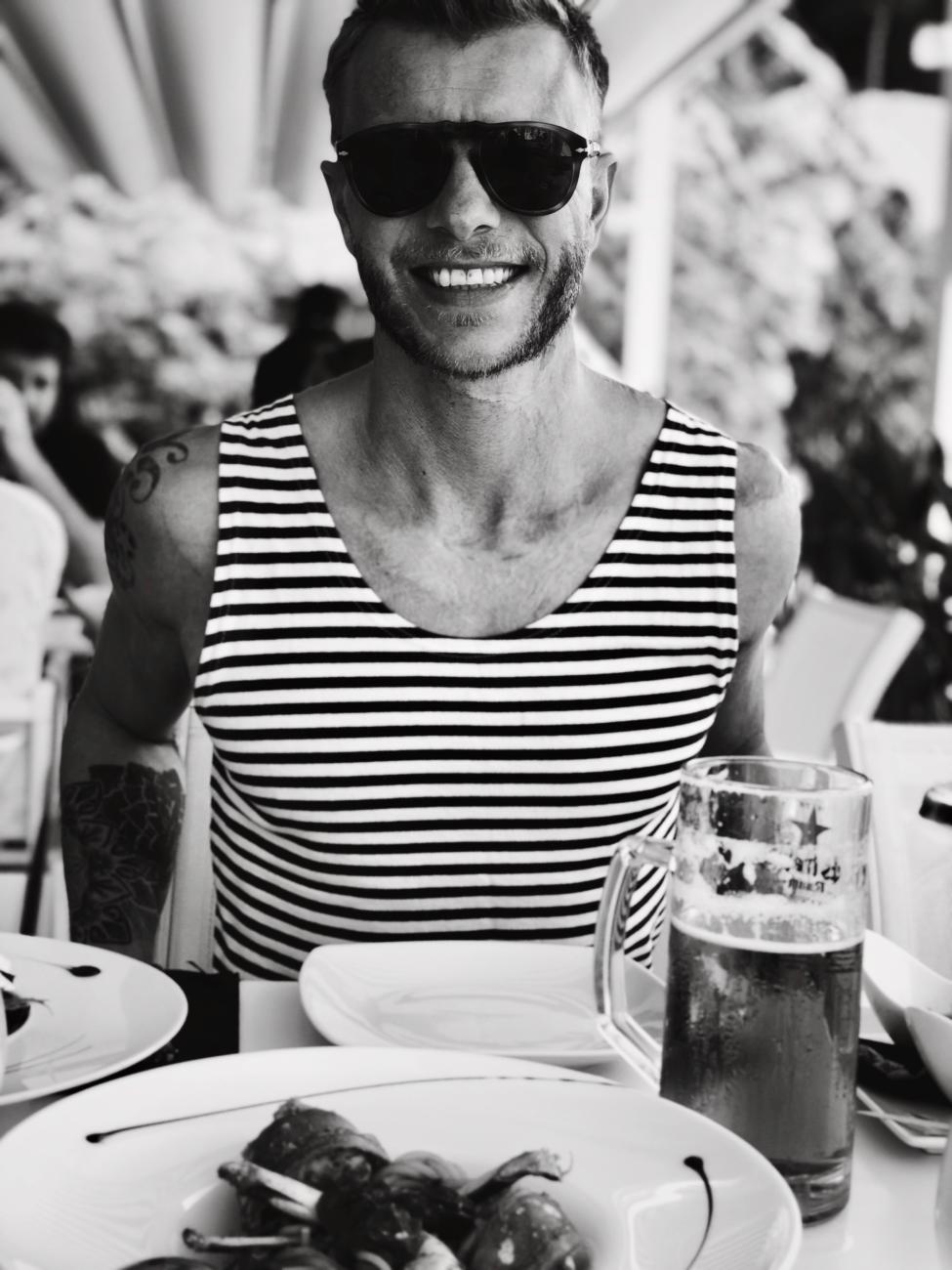
Simon Alker, product design director at candle and greetings card company The Luxe Co, has created bespoke gift products for films such as Rocketman and high-profile figures including HM The Queen.
WHY?
As a kid I used to spend all of my time drawing. I used to bug my family to give me things to design: football kits, cars, anything that I could ask for feedback on. I even redesigned a WD40 can as a kid. I probably should have played out a bit more…
HOW?
I really should have taken a more design-based course such as a GNVQ, but I totally fell out of love with learning and was a bit of a rebel so struck out of college and followed my own path. I worked with my uncle as a kind of extended work experience in a design studio called Bletchers Creative. It made me realise how much I loved the work and showed me the way a design studio works.
WORTH IT?
It can sometimes be restricting when you’re dealing with very set design briefs, but I’ve worked on some pretty exciting projects and get to really cut loose with our own products, throwing everything I want at an idea.
BECOMING SUCCESSFUL: TOP TIP?
It’s never too late to follow your dream. I did other jobs for a while, but finally ended doing what I wanted to do: creating great products with (almost) no barriers. I really thought that my chance had gone, but that’s never true. Keep dreaming.
Miriam Halahmy – Author of Young Adult Fiction
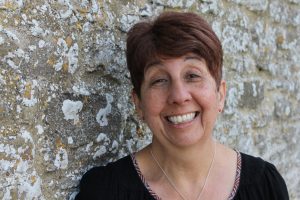
Miriam Halahmy, author of young adult fiction, has had her work commissioned by the BBC and nominated for the Carnegie Medal.
WHY?
I was a child bookworm and I still am. I started to write as a kid and have been writing ever since.
HOW?
I was a teacher for 25 years and taught children with special needs: very creative work. All my studies and work experience have fed into my writing over the years, but I would have loved the opportunity to take a degree in Creative Writing. However, I did attend weekly creative writing classes and have often gone away on writing retreats.
WORTH IT?
It is a long road to become a published author, but networking is a key skill, both attending industry events and being active on social media – which I love! Managing my expectations has been really tough, especially when the rejections come in. But I persevere and I’m now on my eighth novel, Always Here For You.
BECOMING SUCCESSFUL: TOP TIP?
Find a good course run by a published writer. Expect strong critique; be prepared to edit and aim to constantly raise the level of your writing. You’re worth it!
Sara Wheater – PR Account Director at Calvin Marketing
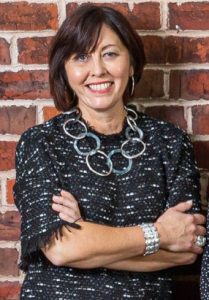
Sara Wheater is a public relations account director at Calvin Marketing, having worked with international blue-chip clients including Sony, Royal Mail and Jones Day.
WHY?
I’d always wanted to be a foreign correspondent, but my careers advisor said that PR paid more! I started my career before the dawn of the internet and this meant that selling in stories was great because you picked up the phone or actually met people. I’ve always been interested in finding out people’s back stories and this is really important if you’re representing them to the outside world.
HOW?
English was an obvious subject but art and politics have served me well. I was fortunate to be accepted onto one of the first PR degrees in the country at what was then Dorset Institute of Higher Education but is now Bournemouth University. The course covered the whole marketing mix from advertising to two-way communication and direct marketing.
I spent my degree placement year working in a busy press office for a motoring brand and I had the time of my life attending motor rallies, F1 events, tradeshows and working with the national motor media to run consumer and trade campaigns.
WORTH IT?
Every day is rewarding as my client base is so varied! In just one day I can be securing celebrity interviews for broadcast media, talking to The Telegraph about our charity client, submitting technical editorial to the legal property press or manning a stand at a national conference.
BECOMING SUCCESSFUL: TOP TIP?
Make your passion work for you! When it comes to becoming successful, you have to be in love with your chosen career otherwise you’ll never succeed.
Dr Deborah Lee, Former GP and Freelance Health Writer
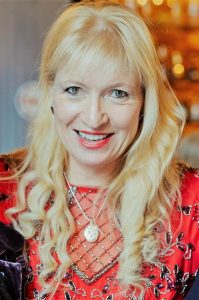
Dr Deborah Lee, Dr Fox Online Pharmacy, is a former GP and freelance health writer, regularly contributing to GP Magazine and The Sunday Times Magazine.
WHY?
Being able to find out what was wrong with people and make them better seemed a very worthwhile reason to be on the planet. Plus, it’s important as a doctor to be a people-person…and that’s me!
HOW?
I got into medical school with A-levels in biology, chemistry and French without having to do a Pre- Med year. I never felt this was any disadvantage – I didn’t think I used much of my A-level knowledge on the medical course at all — we just dived right in and started learning physiology, anatomy and biochemistry.
I recall sitting in at a GP surgery, plus doing some house visits and having tea at the practice. It’s a good way to see people in their own home managing an illness and to experience the warm and positive experience many patients have with their GP.
WORTH IT?
Medicine has such great breadth and depth but there is no way any course can really prepare you for what it’s like to work on the ward. The medical life I signed up for was full of smiling grateful people whose lives I had somehow saved, but in reality it is about looking after sick people, many of whom are suffering and will die.
Life is varied and interesting, but I had no idea about how exhausting it would be. It was the 12 to 14-hour days plus all the weekends and nights on call. When I tell people I went to work for 8am on a Friday morning and had no sleep until I got home around 8pm on a Monday evening, they just don’t believe me.
BECOMING SUCCESSFUL: TOP TIP?
It’s very competitive getting into medicine these days – enormous numbers of young people apply every year. Try and do something outside the box that’s relevant and gives course leaders something to talk to you about, for example, volunteering in a foreign hospital, or working as a ward clerk here in the UK. Do find out all you can about the medical school and the local hospital; what are their special research areas, and clinical specialities and field of excellence?
Mark Fletcher – Clinical Director, Physio Med
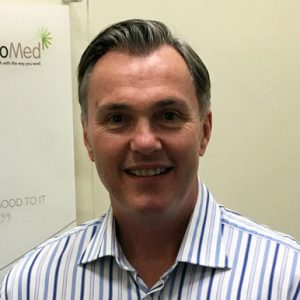
Mark Fletcher is the clinical director at Leeds-based occupational physiotherapy provider Physio Med and was head physio for rugby Super League team the Bradford Bulls between 1999 and 2002.
WHY?
When I was 18, I injured my back training for a rugby match and was sent for a physiotherapy appointment. The treatment relieved my back pain and allowed me to resume training again, and I decided to pursue a career in physiotherapy on the spot.
HOW?
I took biology at college before studying physiotherapy at Newcastle Polytechnic’s Physiotherapy College and loved every minute of it. The whole experience was incredibly rewarding – and exhausting!
WORTH IT?
You never know who’s going to come in for treatment, or what their story will be, so it’s a job that’s full of surprises.
BECOMING SUCCESSFUL: TOP TIP?
I started my own practice shortly after I graduated even though some of my more experienced colleagues told me I was too inexperienced to go it alone. If you’re prepared to work hard and put in the hours, you can achieve anything you put your mind to, so don’t let anyone tell you otherwise.

